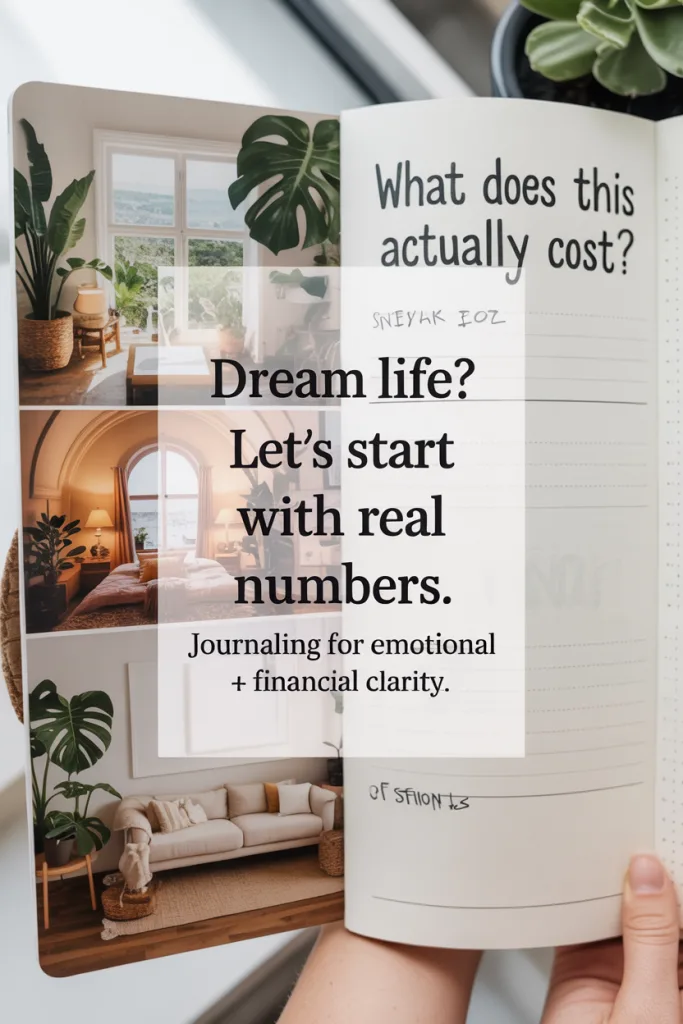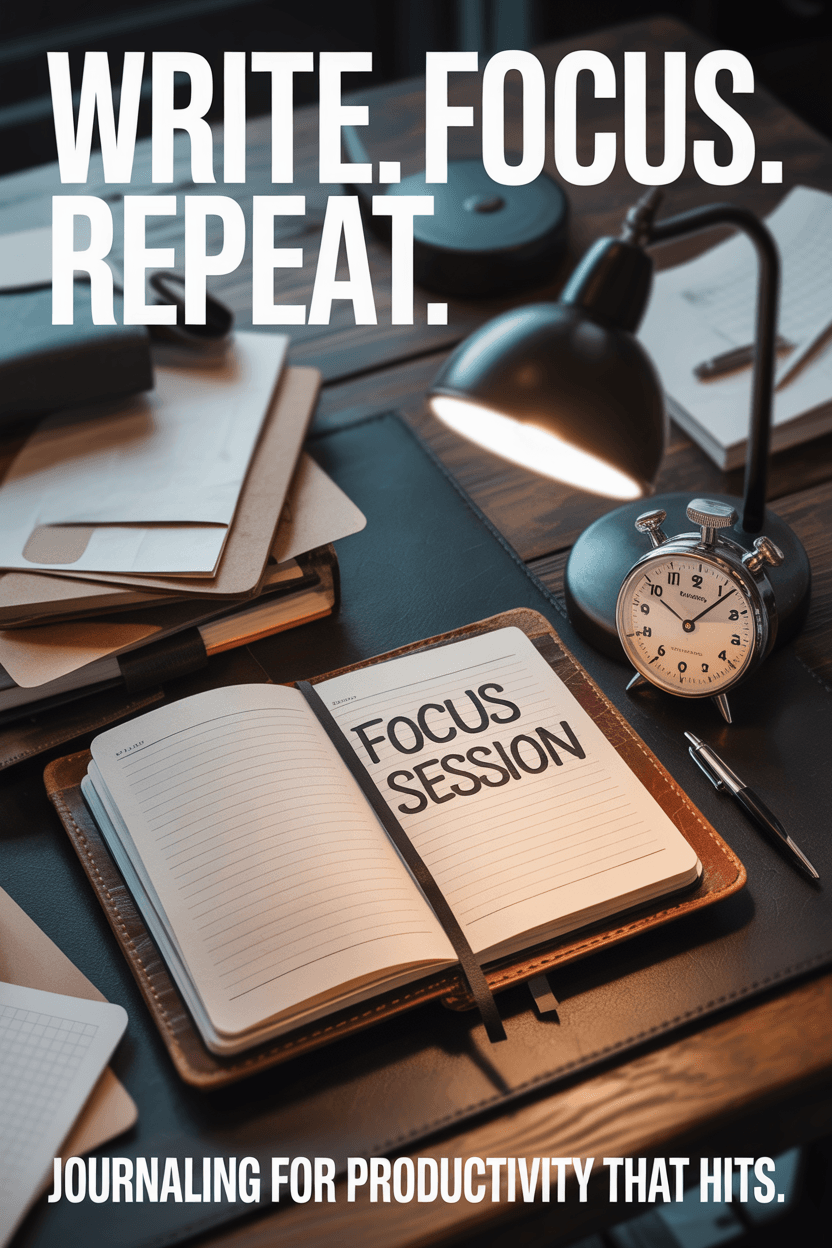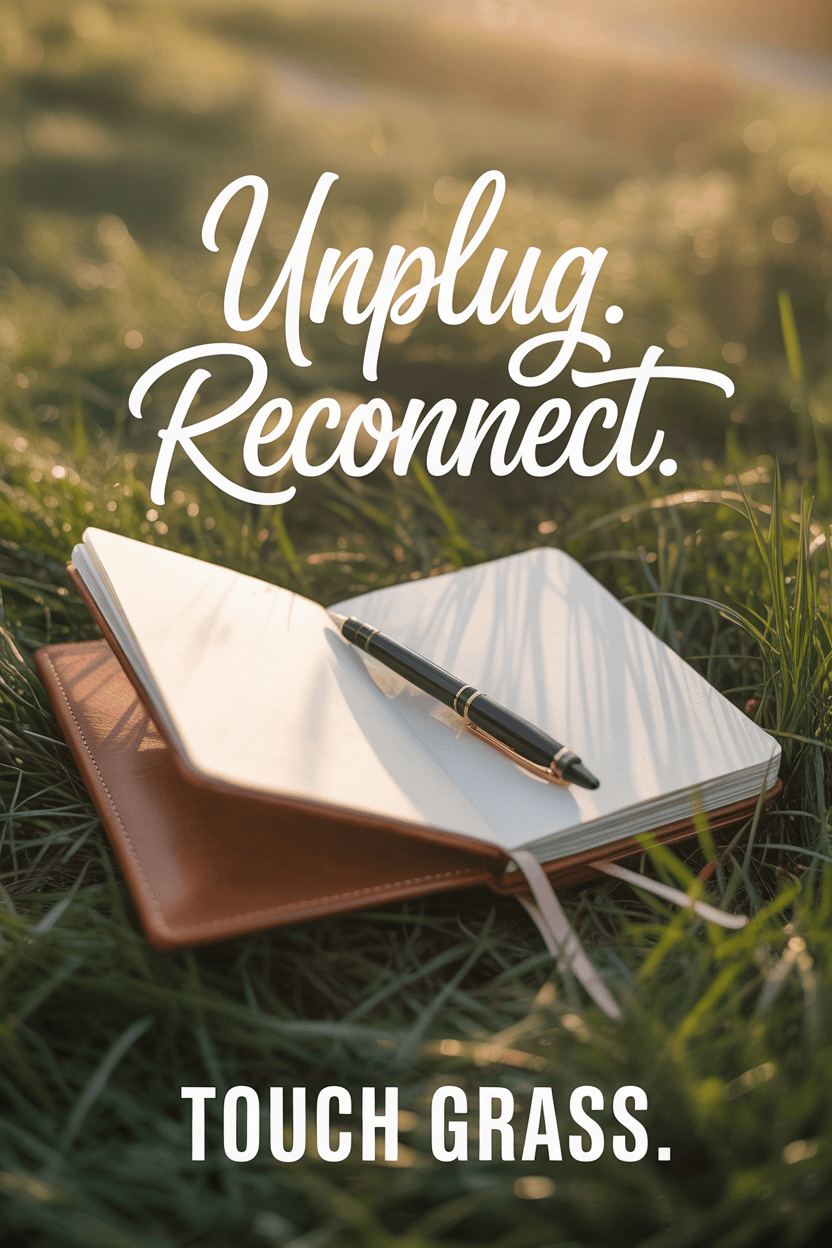Money isn’t just numbers.
It’s identity.
It’s survival.
It’s shame.
And for a lot of us—it’s emotional chaos.
Whether you grew up budgeting to the dollar or pretending your bank account didn’t exist, chances are your relationship with money wasn’t built from clarity. It was built from survival, comparison, or fear.
That’s why money journaling can be such a game-changer.
Not budgeting.
Not spreadsheets.
Journaling.
Because before you can fix your spending habits or reach your dream financial goals, you have to understand how money actually makes you feel—and why.
Let’s talk about how I started journaling about money, what changed, and how you can use it to create financial peace, even if the numbers aren’t where you want them yet.
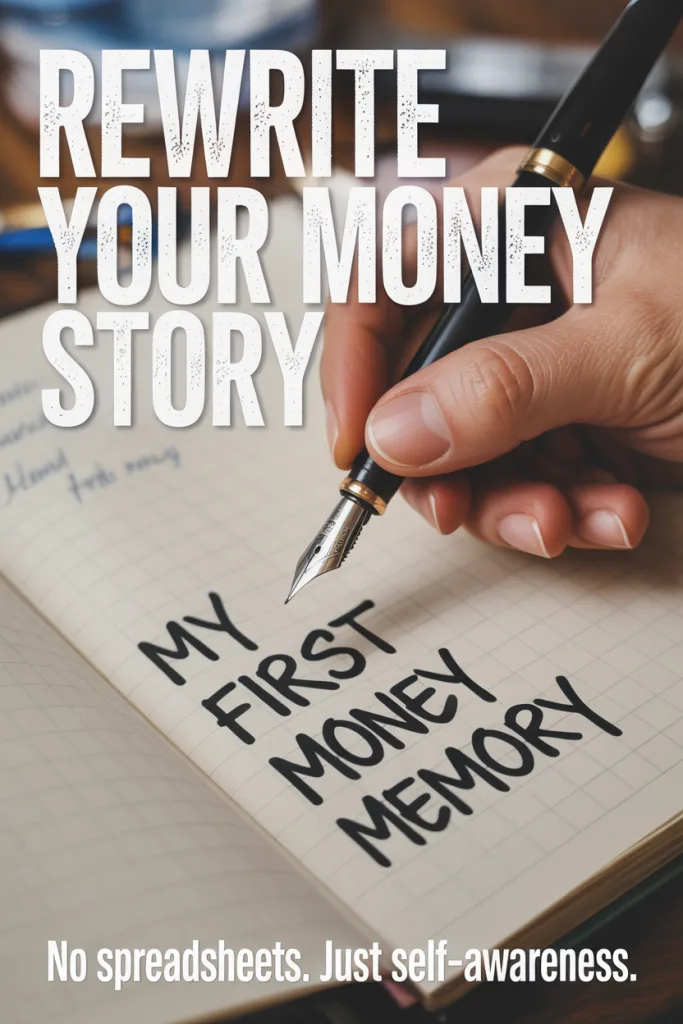
Money Is Emotional (Even If We Pretend It’s Not)
We all have money stories—the subconscious beliefs we carry about what money means, who gets to have it, and what kind of person we are because of it.
And most of those stories?
They were written way before we ever earned a dollar.
Things like:
- “I shouldn’t want more than I need.”
- “People will judge me if I spend money on myself.”
- “I’ll never have enough, no matter how hard I work.”
- “If I check my bank account, I’ll spiral.”
Sound familiar?
That emotional layer is why budgeting apps alone don’t work.
And it’s why money journaling can help you rewrite your financial story—without judgment.
What Is Money Journaling?
It’s not just tracking expenses or setting goals (though that can be part of it).
Money journaling is about exploring your emotional relationship with money.
Think of it like financial therapy on paper.
You can use it to:
- Uncover limiting beliefs about wealth, spending, and self-worth
- Process guilt and shame around past money decisions
- Clarify what financial safety actually looks like for you
- Build an intentional, grounded vision of your future
Need help starting that emotional check-in? We’ve got a deep prompts list that’s perfect for unpacking emotional tension—including around money.
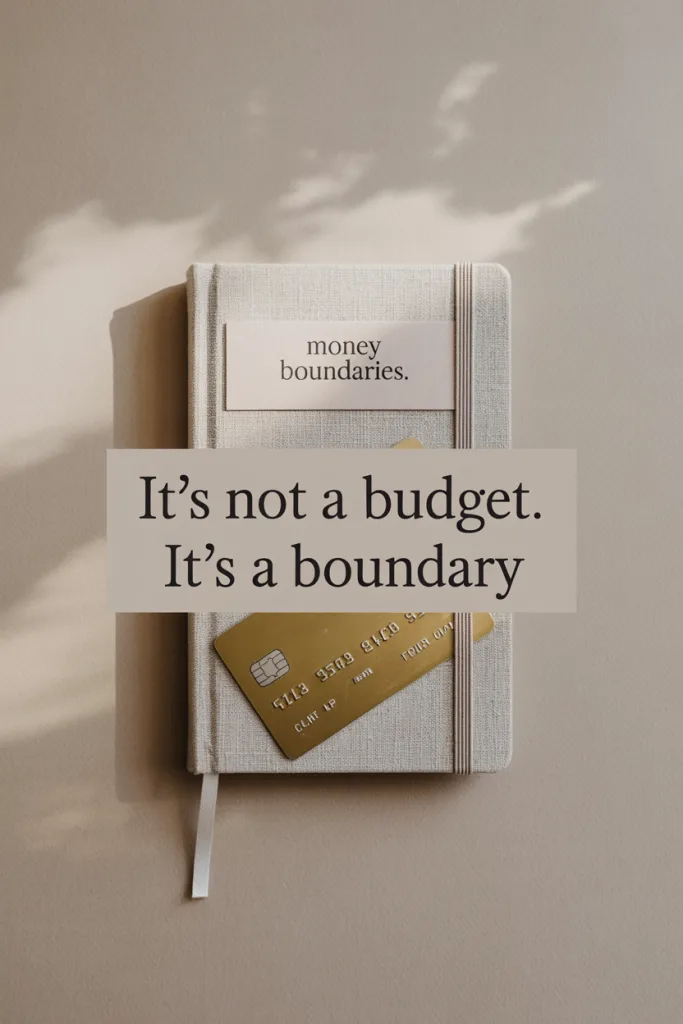
Prompts That Changed My Relationship With Money
Here are a few that cracked things open for me:
🖊️ What’s the first memory I have of money making me feel scared or embarrassed?
🖊️ When do I spend money to impress or fit in—even when I don’t want to?
🖊️ What does “enough” money feel like to me—not just a number, but an emotion?
🖊️ How do I act when I’m scared about money? What do I avoid? What do I overdo?
🖊️ If I trusted myself with money completely, what would change in how I save, spend, or give?
🖊️ What am I allowed to want financially—even if it feels “too big” or “too much”?
These helped me realize that a lot of my spending patterns weren’t about laziness or failure—they were about stress, survival, and subconscious stories.
Journaling gave me language for that. It helped me pause before acting out old habits.
You can also explore money through the lens of identity using our journaling for self-discovery guide.
This Isn’t About Budgeting. It’s About Boundaries.
Once you’ve journaled through the emotional layers, your practical habits start shifting too.
I started:
- Saying no to social plans I couldn’t afford (without guilt)
- Making spending decisions based on alignment, not FOMO
- Unsubscribing from toxic “girlboss” content that equated wealth with worth
- Writing vision-based financial goals that actually excited me
This is where vision boarding + money journaling collide.
Instead of “I want 100k in savings,” I started asking:
“What do I want my life to feel like? And how does money support that?”
If that’s your vibe too, read our guide on creating a journaling vision board. It’s all about building from the inside out.
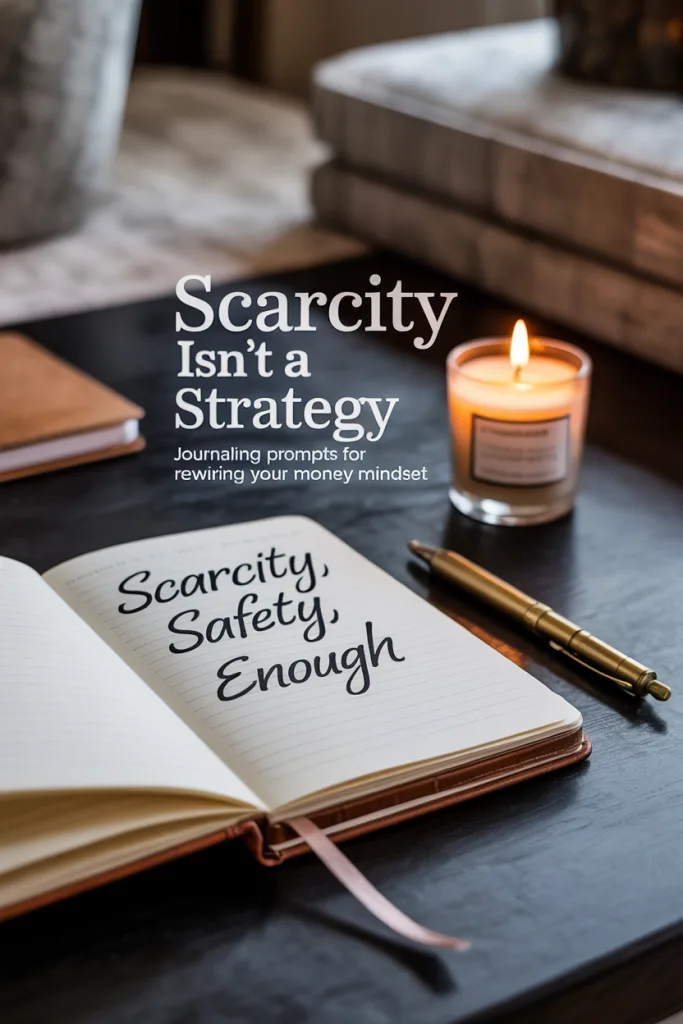
You Can’t Manifest What You’re Afraid to Look At
I love manifestation content as much as anyone, but here’s the truth:
You can’t manifest your dream financial life if you’re still scared to open your banking app.
Journaling helps bridge that gap.
It creates space for reflection before action.
And it helps you build a new money story—one that’s grounded in trust, not fear.
In fact, Harvard Business Review suggests that connecting to the emotions behind our money habits is key to making better financial decisions. The more emotionally honest we are, the more empowered our choices become.
Try This Mini Money Journaling Ritual
You don’t have to go full spreadsheet or budgeting plan.
Just try this once a week:
- Light a candle or put on lo-fi—set a calm space
- Write out: “What’s my emotional temperature around money right now?”
- Then: “What do I need most—reassurance, clarity, rest, or a plan?”
- One small action: Check your account, unsubscribe from a promo email, write one financial affirmation, or forgive a past mistake
You can even track your emotional money shifts using our One Line a Day method. One sentence is enough.
Final Thoughts: You Deserve Financial Peace (Even Before It’s Perfect)
You don’t have to hit a financial milestone to feel better about money.
You don’t need a perfect budget to rewrite your story.
You just need:
- Honesty
- A safe space to explore
- A journal
Money journaling is about making peace with your past, feeling steady in your present, and building a future you can trust yourself to handle.
You’re not bad with money.
You’re probably just scared.
And that’s okay.
Write your way through it.

